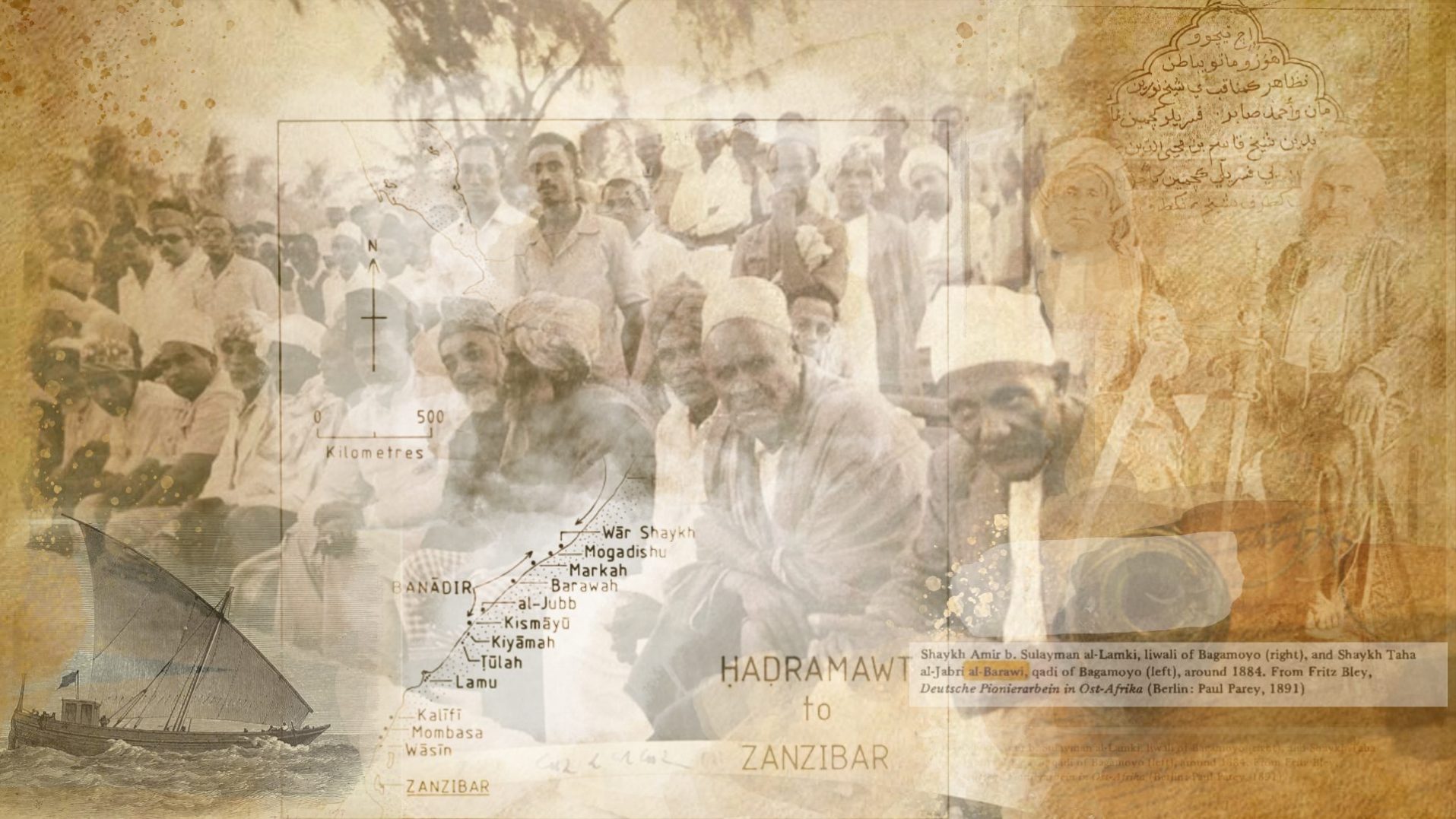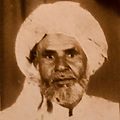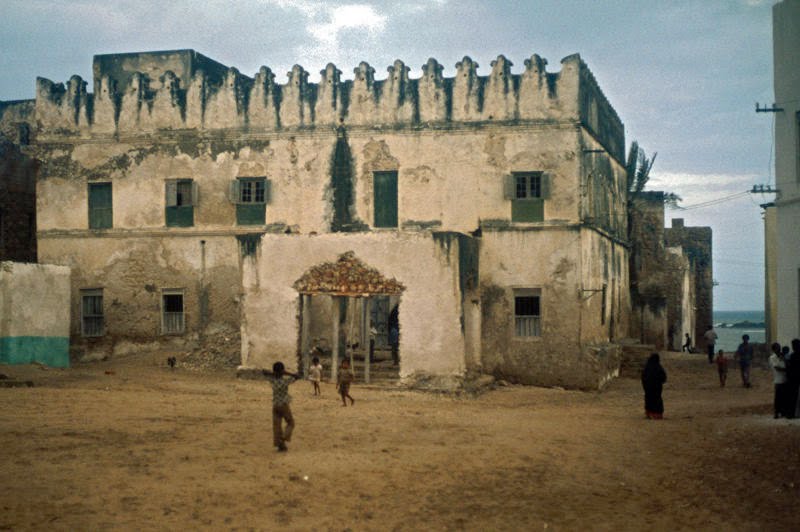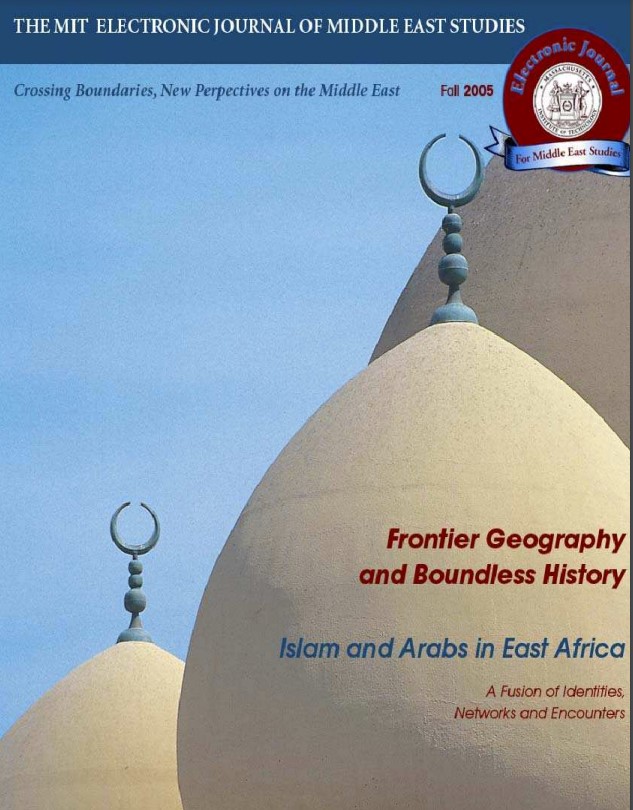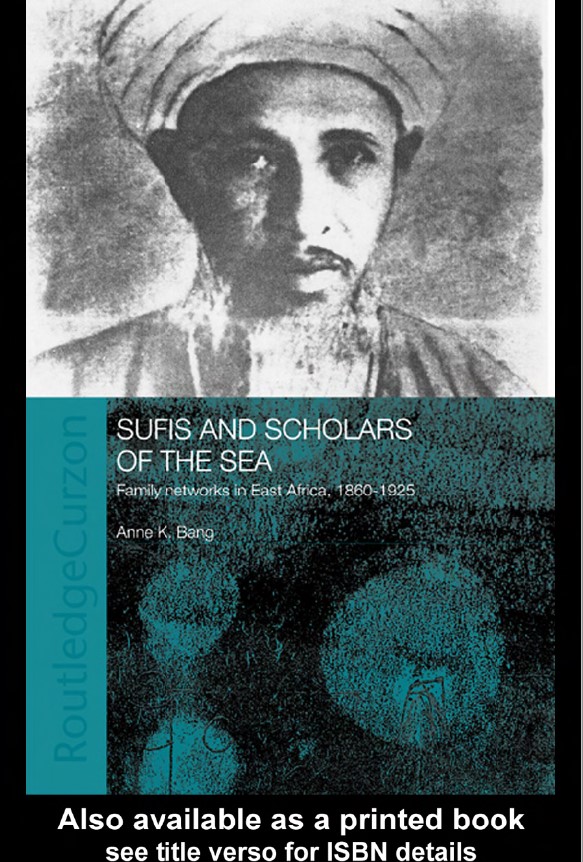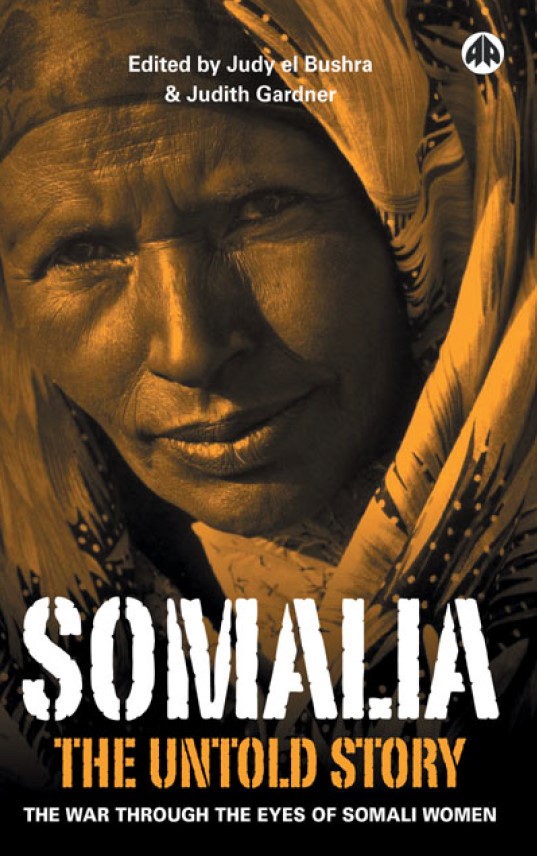Below are some sayings and idioms (also known as Mahmah) that are commonly used by the Barawa people.
“Menza chirenza”
A friend is a razor
Probably one of the most famous Barawa saying often heard even today, it is aimed for a friend who betrays the trust of another friend. The characteristic of razor is based on its sharpness, it does a proficient job if used correctly with care, but may result to painfully cutting yourself if used without any care or considerations. The same may apply to friendship, a friends betrayal is sharp and can leave a detriment effect on you if you proceed without being careful.
“Msooma peeke ha gafi”
He who learns (reads) alone never makes a mistake
This is a saying often used by Bravanese people when relating to learning, it is against the idea of self-learning or trying to complete a book alone. When learning alone, you don’t have the privilege of someone correcting you or reviewing your learning outcomes, so you would be inclined to being unable to know your own mistakes.
“Maa Fuunzi humziida fuunzi”
The apprentice boy outshone his master
This one also related to learning, it’s used when a student demonstrates abilities that outsmarts his teacher, it could be in madrasa or even in sports.
“Maana waa noka haa towi ku luma”
A baby snake never misses biting
It’s the natural instinct of a snake to know how to bite its predator it’s a trait that doesn’t require teaching or adaptation. This is used when a son or child demonstrates same natural trait as his father, the english call it, “Like father like son”.
“Jereelo khatiile”
He who is shy misses (his share/opportunity)
This is used on those who are shy or modest, and end up missing out on opportunities due to them reluctant.
“Msalaa numa hu wona iluhuma”
The person who prays at the back row gets an unpleasant view
In regards to religion, the first row in congregational prayers get higher rewards to the ones behind, hence why it’s important to always seek the front row. This is where this saying comes from, it’s mainly used on late comers who miss out on opportunities.
“Matte bila yamtaanga ha ya ondroki”
The spit cannot be removed without the soil it sits on
This is used when having to bear consequence of an action that is done, the idea of being unable to separate spit from sand is used when an incident occurs and it is too late or cannot be undone.
“Ntiile mandra gani kaa piya-mkono?”
Did I bake the bread to burn my own hands?
The english call this, “digging your own grave” or “shooting yourself on the foot”, it is doing an action that will only result in harming yourself.
“Sho-kh-kasa ya waake hu wona yaake”
He who does not listen will severe consequences of his own making
This is similar to, “what goes around comes around”, it is commonly used on children who disobey their parent, it is a message telling them their children will do the same in return, as a reflection of their own action.
“Mikono miwili hu pakana mafta”
Two hands together can rub or spread the oil better
This relates to togetherness and unity, the idea of two hands being more effective than one. A little bit like, “A single stick breaks, but a bundle of sticks is strong”.
“Chaala chimo ha chubli ntawa”
A single finger can’t kill a head lice
This is another saying that relates to unity and working together, for those who are familiar with killing a head lice, it requires two hands – resting the head lice on one finger nail then pressing it using the other finger nail to squash it. This is used to promote working together or helping one another.
“Kanna namkono ha igafani”
Your hand never crosses with your speech
This saying is used to describe peoples actions as a reflection to their speech, when a person says he/she will intend to do something, the people may judge his speech by his passed actions to determine if he is being genuine or lying. An example of this will be if person A says he will do something, person B will reply saying, “You will not do it, you said the same thing last time but did the opposite, just know speech and actions never crosses each other.”
Sources:
Bana M. S. Banafunzi, ‘Brava – An Educational Resource Pack’, 2nd Edition, April 1999


